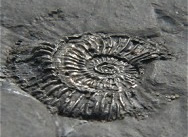William Scoresby
After two years of residence in Cambridge, Scoresby took his degree (1825) and became the curate of Bessingby in Yorkshire and later at Liverpool, Exeter and Bradford. Scoresby's clerical duties did not, however, diminish his scientific career and after publication of his Journal of a Voyage to the Northern Whale Fishery, including Researches and Discoveries on the Eastern Coast of Greenland (1823) he was elected as a fellow of the Royal Society the following year and an honorary corresponding member of the Paris Academy of Sciences in 1827. His work found him in touch with many of the eminent scientists of his day including Faraday, Sir Joseph Banks, Joule and Ampere. In addition to his prestigious career as explorer and author of published scientific and religious papers, Scoresby had a keen interest in socio-political issues and was especially concerned with improving conditions for factory workers.
William Scoresby was married three times and died on 21 March 1857 at his home in Torquay. Many of Scoresby's papers, log books and instruments are held at Whitby Museum.
Advertisement...

Whitby Gallery Photo
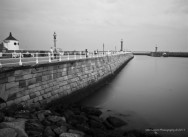
Advertisement...
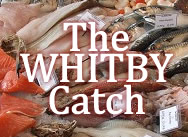
Advertisement...
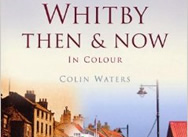
To Make You Smile
What do you call a crazy spaceman?... An astronut!
Whitby in 1959
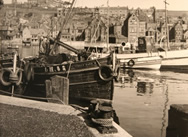
Touch Whitby
